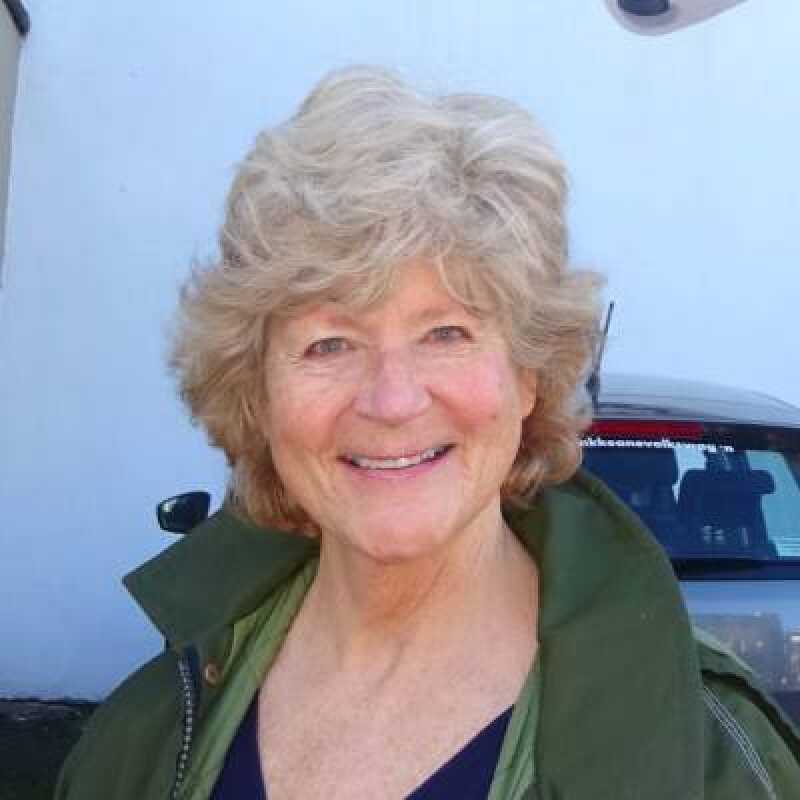- University of Kent
- Social Policy, Sociology and Social Research
- People
- Dr Rowena Rossiter


Dr Ro Rossiter is a clinical psychologist who has worked with children, young people and adults who have learning disabilities in community and residential settings for over 40 years.
She’s strived to make an impact across all levels of service development, delivery and evaluation from early intervention initiatives (Portage), project management of transformation in hospital care and community developments and leading the development of one of the first multi-agency Intensive Support Services in the 1990's for children and young people with learning disabilities who display behaviour described as challenging.
Subsequently, she has focused on clinical and service development, evaluation and research with adapting psychological interventions to be accessible and appropriate for people with learning disabilities and other neurodevelopmental conditions, developing innovative intervention models, methods and materials for both specialist and public health approaches (see below Keep Safe and PELICAN: Promoting Emotional Literacy in Children with Additional Needs).
Dr Rossiter's current research focuses on:
Growing practice and evaluating Keep Safe
A group intervention for young people with learning disabilities who have displayed harmful sexual behaviour. Keep Safe was developed and feasibility trialled by our Tizard-based practice and research collaborative with Professor Glynis Murphy and Aida Malovic, in collaboration with Stephen Barry and colleagues from the Be Safe Service in Bristol and funding from Paul Hamlyn Foundation (2013/2016) and Avon & Somerset Police Commissioner, Avon and Wiltshire Mental Health Partnership Trust and Safer Bristol Partnership (2016/2017). See Keep Safe / ySOTSEC - Sex Offender Treatment Services Collaborative.
Currently, we are seeking funds for a more robust study of full Keep Safe, and also a briefer, earlier intervention, Keep Safe 4 All
Building resilience and emotional well-being in children and young people with learning disabilities
Initially through the adaption and evaluation of the WHO recommended, evidence-based mental health and resilience promotion intervention FRIENDS for Life to be accessible and appropriate for these children and young people. The initial project in 2013/14, enabled the co-creation of web guidance and grow a Community of Practice through training (Patricia Colleen legacy funds, hosted by the Foundation for People with Learning Disabilities). Further training, evaluation and revision of the web guidance and background paper supported by an NHS England Transforming Care for Children Grant (2016).
In 2018, a broad review of our learning along with evolving national and international practice was begun. From this, PELICAN: Promoting Emotional Literacy In Children with Additional Needs was developed as a set of web based materials with a short visual story to illustrate the PELICAN framework, where Peli, changes from Peli Can’t to Peli Can with help from their friend Tou, guidance on and resources for PELICAN activities. PELICAN launched in 2021 at: PELICAN | Foundation for People with Learning Disabilities
Hearing the voice of, and measuring change and impact for and with, children and young people with learning disabilities, their families and networks
As Project Manager for The British Psychological Society (BPS)’s Division of Clinical Psychology (DCP) funded project ‘Special Measures?' - equality and diversity in feedback and outcome measures: progressing practice and practice-guidance on measures and methods for children and young people with learning disabilities (LD), their families and networks, she coordinated surveys, networking, workshops, literature reviews and analysis across project streams. It is recognised that children and young people with learning disabilities experience higher rates of emotional and behavioural challenges, but are under-represented in research, which emphasises the importance of this project.
The aim of the project, hosted by CORC (Child Outcomes Research Consortium) is to advance and grow ‘best practice’ in gathering feedback and using outcome measures with children and young people with learning disabilities (CYP-LD), their families and networks and is built on previous work in this field completed in 2015. See revised guidance, project learning and reports, good practice examples and signposting.
Loading publications...
Showing of total publications in the Kent Academic Repository. View all publications